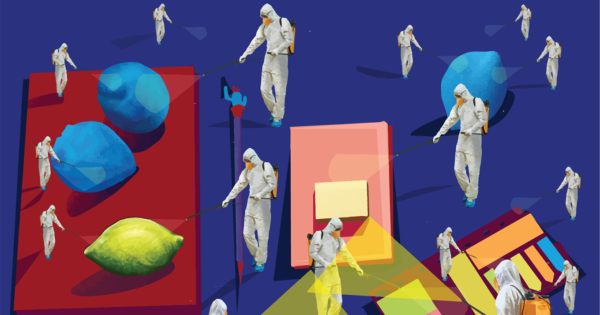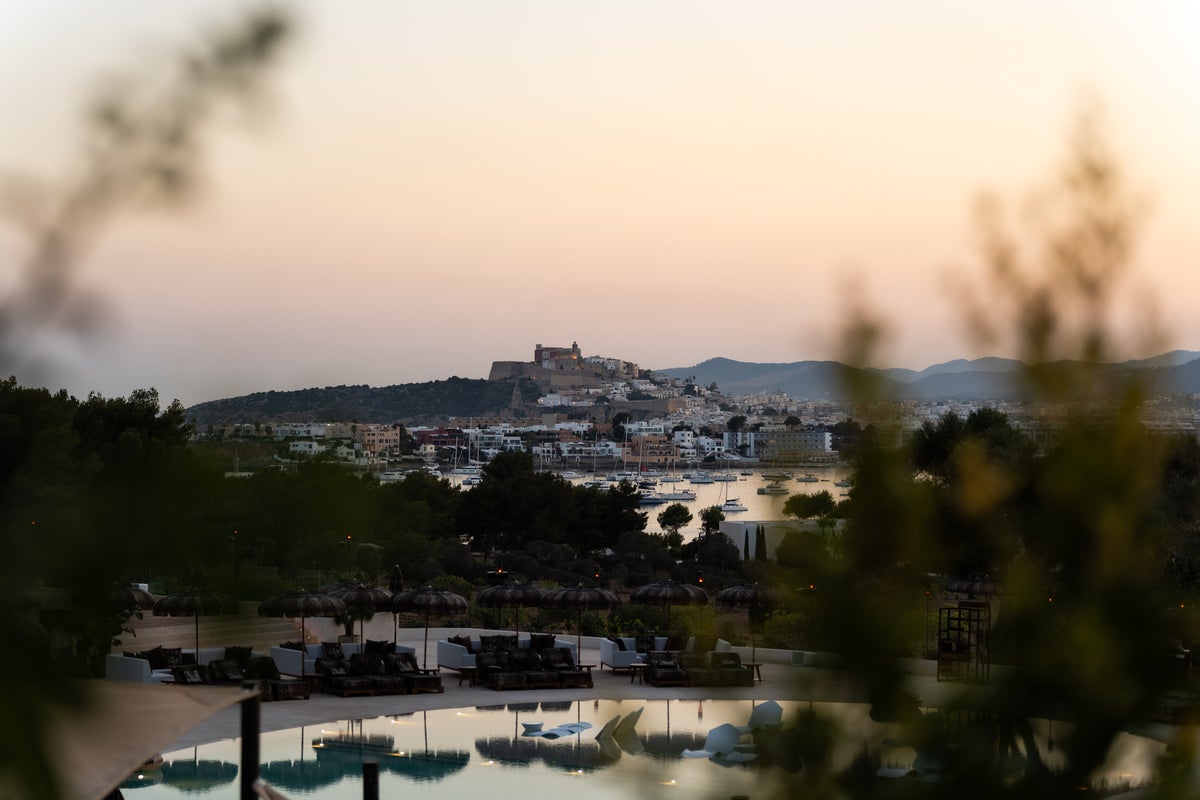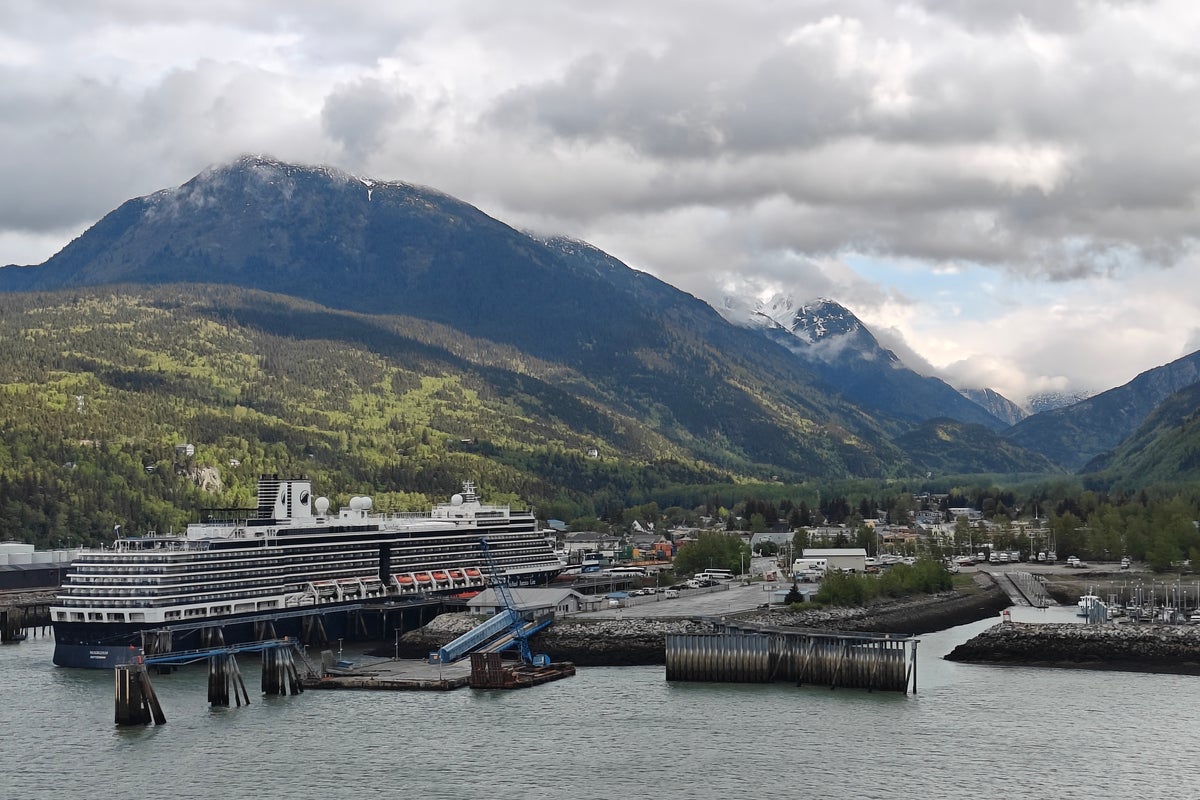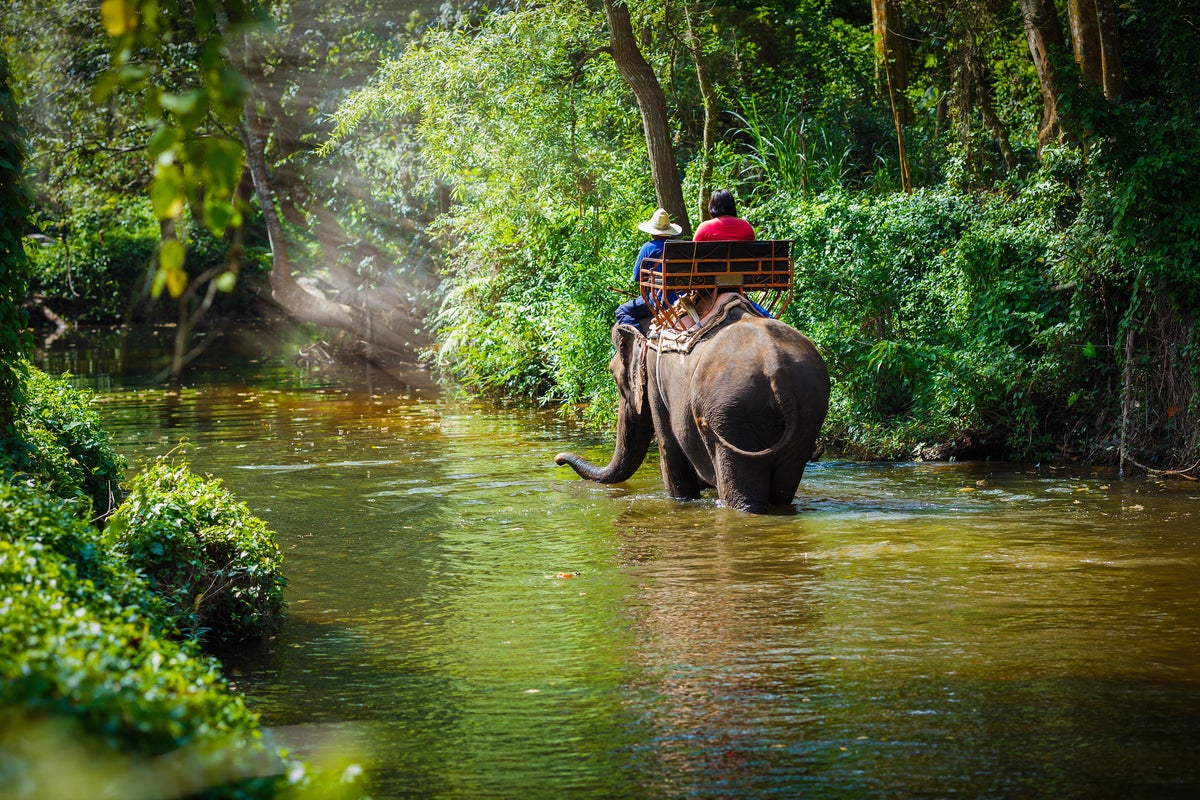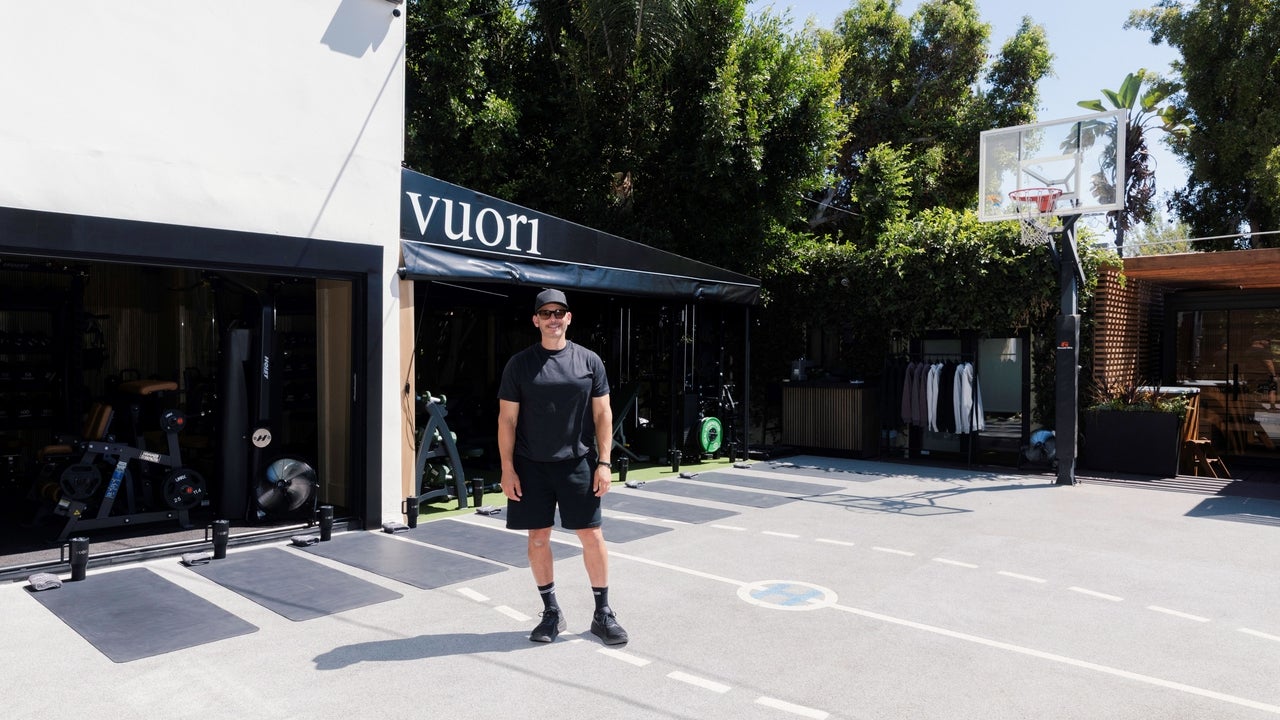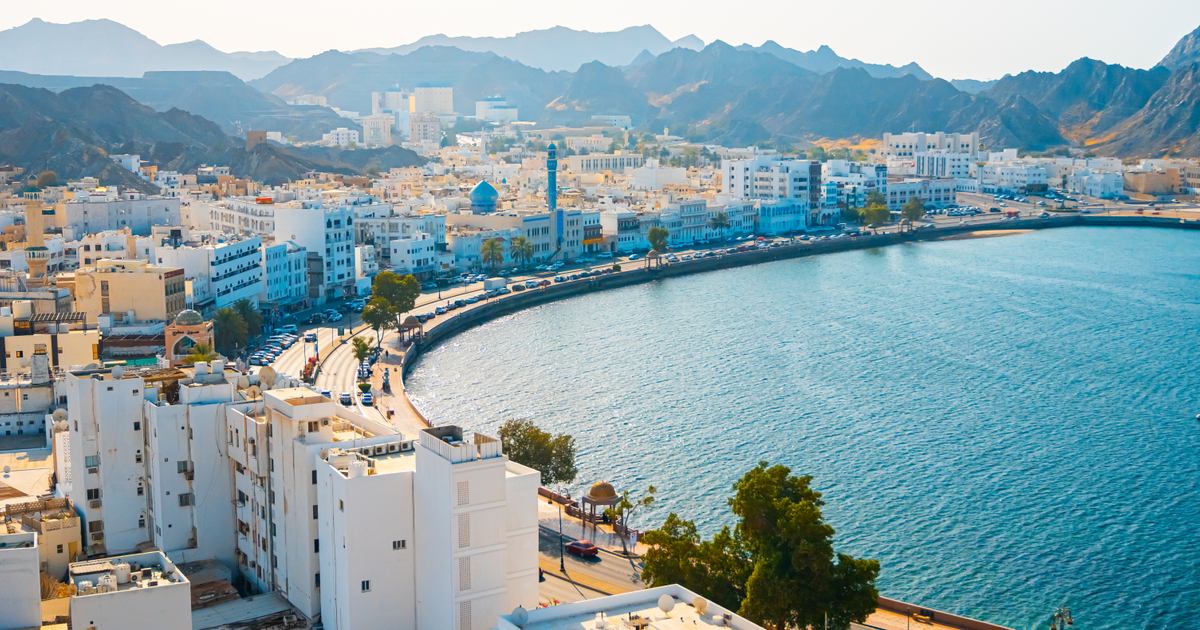Why co-creation is the future of marketing strategies
Leaders from Dove, Costa Brazil and MG Empower met in Cannes to discuss how co-creation builds winning campaigns and lasting connections with consumers.

Although AI seemed to dominate most of the conversations and coverage during the 2023 Cannes Lions International Festival of Creativity, perhaps the second most-popular trend this year may have been the ubiquitousness of creators and influencers on the Croisette.
During the Cannes Lions panel “Why Co-creation Is the Future of Marketing Strategies,” Maira Genovese, founder and president of global integrated marketing agency MG Empower, elaborated on the growing influence of creator marketing and how it impacts brands’ relationships with consumers.
“The world has changed a lot since the pandemic,” said Genovese. “More and more, social media drives consumer awareness and reach. It’s been clear the past few years that creators have very powerful voices to share content from brands. But co-creation is not about using creators, but rather collaborating with them to actually engage with the community. In addition, co-creation is about adding consumers into the equation as well.”
The MG Empower Cabana hosted the panel, which also featured Francisco Costa, founder of Costa Brazil, and Firdaous El Honsali, VP of external communication and sustainability at Dove, and which was moderated by John Dioso, editor of Ad Age Studio 30. (Watch the full discussion below.) Costa and El Honsali agreed that co-creation is a core part of the business models for both Costa Brazil, a six-year-old sustainable beauty company, and Unilever’s Dove, the 66-year-old personal care brand.
Skin in the game
After more than a decade as the creative director of womenswear at Calvin Klein, the Brazilian-born Costa “felt something was missing” from his celebrated fashion career. While in Rio de Janeiro, working on the ceremony for the 2016 Summer Olympics, Costa decided he needed to venture into the Amazon.
“I thought, ‘I have to do something for myself that I have never done before and discover what Brazil is for me at this moment,’” Costa said. “I spent 12 days with the Yawanawá tribe, and it was the most incredible, vulnerable experience that brought me to another level of understanding.”
Although Costa had already begun building what became Costa Brazil, his time with the Yawanawás “changed the narrative and the direction of how to start the brand,” he noted.
“The inception of Costa Brazil was really about co-creation,” he said. “Having their participation and acquiring their knowledge and working with them as true long-term partners helped me transition from my years at Calvin, where co-creation didn’t exist. Here there was a seminal moment for something new—the truth, authenticity and simplicity of building your community from something that is completely real.”
Engaging with and learning from the Yawanawás helps Costa understand “what the core of the brand really is.” Whereas his previous career in fashion focused on how to dress women, now his work is centered on how to dress the skin in a more intimate way.
“And the reaction has been tremendous,” he said. “We are a small brand, but we’ve done it correctly because we are very respectful of the people we work with.”
Dove shared a similar authentic and intimate connection with its consumers.
“The brand started with testimonials of real women applying Dove products and telling you in their words what those products did to their skin,” said El Honsali. “Dove is a brand that comes from a legacy of real beauty. That’s how we built our advertising not only product-wise but also purpose-wise.”
Co-creating the brand
El Honsali noted that Dove’s 2004 Campaign for Real Beauty was all about real people telling their stories, which was very different from what the beauty industry was doing. And so the movement to creators was quite organic for the company. Dove decided to build a creator community around shifting beauty away from a source of anxiety and toward a source of happiness and confidence.
“What creators and influencers are bringing today is the trust that some brands have lost,” El Honsali said. “What drives the authenticity is the fact that you share a belief system—values—with them. And we share strong values with the community that we’ve built. That makes a difference that then shows up in the content as very authentic, very real and very much what Dove stands for.”
El Honsali pointed to Dove’s #TurnYourBack campaign as content that exemplified the brand’s authentic connection and shared values with creators and community. Not long after the panel ended, the campaign won the Cannes Lions Media Grand Prix.
“Before we launched the campaign, a lot of our community of creators were challenging a TikTok filter called Bold Glamour,” El Honsali said, referring to the technology that applies makeup and sculpting effects to users’ faces, and which may create an unrealistic beauty standard among young women.
“In one weekend, the filter had 15 million users,” she noted. “But that filter is not creative play, it’s not funny, it actually transforms the face. Someone on my team sent me a video of her with that filter, and I said to her that’s not you. This is not true. I did it myself and I couldn’t look at it. It wasn’t me. And it’s showing to young girls a version that does not exist and who are going to feel the pressure to look like that. We know the impact toxicity and social are having on young girls.”
For El Honsali, one of the key takeaways from the campaign was that a community that shares the same values would have never been possible if it was transactional.
“We trust our creators to bring creativity to us,” she said. “We’re a brand that’s been creating big campaigns for many years. And the shake-up happened because of the creators bringing their own creativity to the table.”
Magic and science
The authenticity that ties the creators and communities to brands such as Purecane, Stripes, Costa Brazil and Dove extends to the extremely valuable data those communities provide.
“The data starts with people,” said Costa. “To me it is the essence of it all. Data is majorly important to grow and to identify the community that we already have built, or one that you want to acquire by amplifying what your message is.”
El Honsali added that the magic in creator marketing is having strong relationships with the creators so you invest in them as much as they invest in you, giving them a seat at the table to co-create.
“Sometimes we forget that this is all about human to human,” she said. “But you cannot win if you don’t add data. That’s the science: being able to capture insights at a very early stage, and at scale.”
For example, the seeds of Dove’s Campaign for Real Beauty came from the insight that in 12 countries only 2% of women identified themselves as “beautiful.” After Dove analyzed that data again years after the original study, the number had only increased to 4%.
“So we saw that it was not evolving that much, and the industry needed to do a better job,” El Honsali noted. “In the end, the relationships, the conversation, the listening, everything that comes out of the human touch is critical. But you need data, you need insights, you need the science to be able to understand where you are going. For me, it’s magic and science together.”

 Koichiko
Koichiko 











